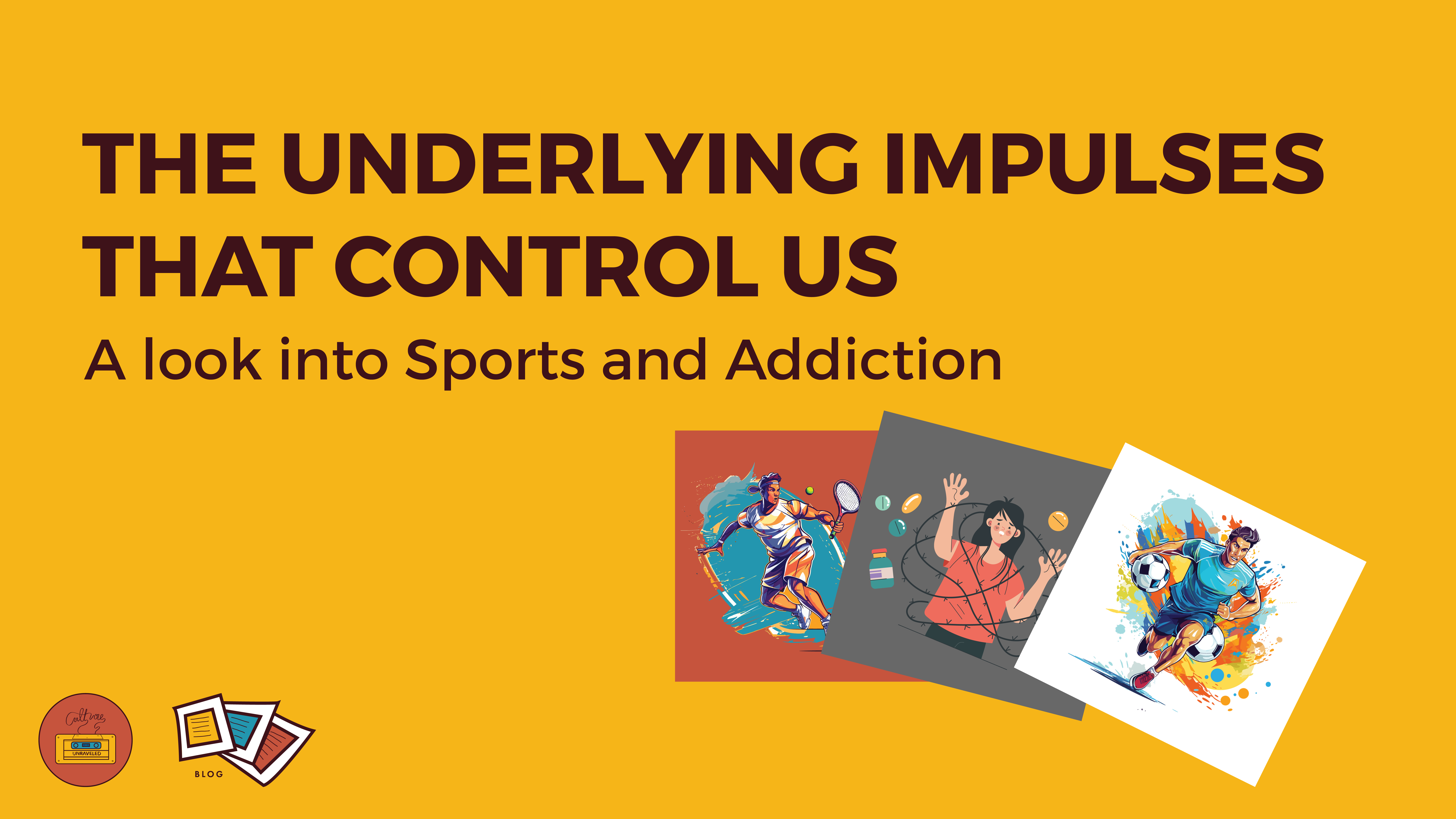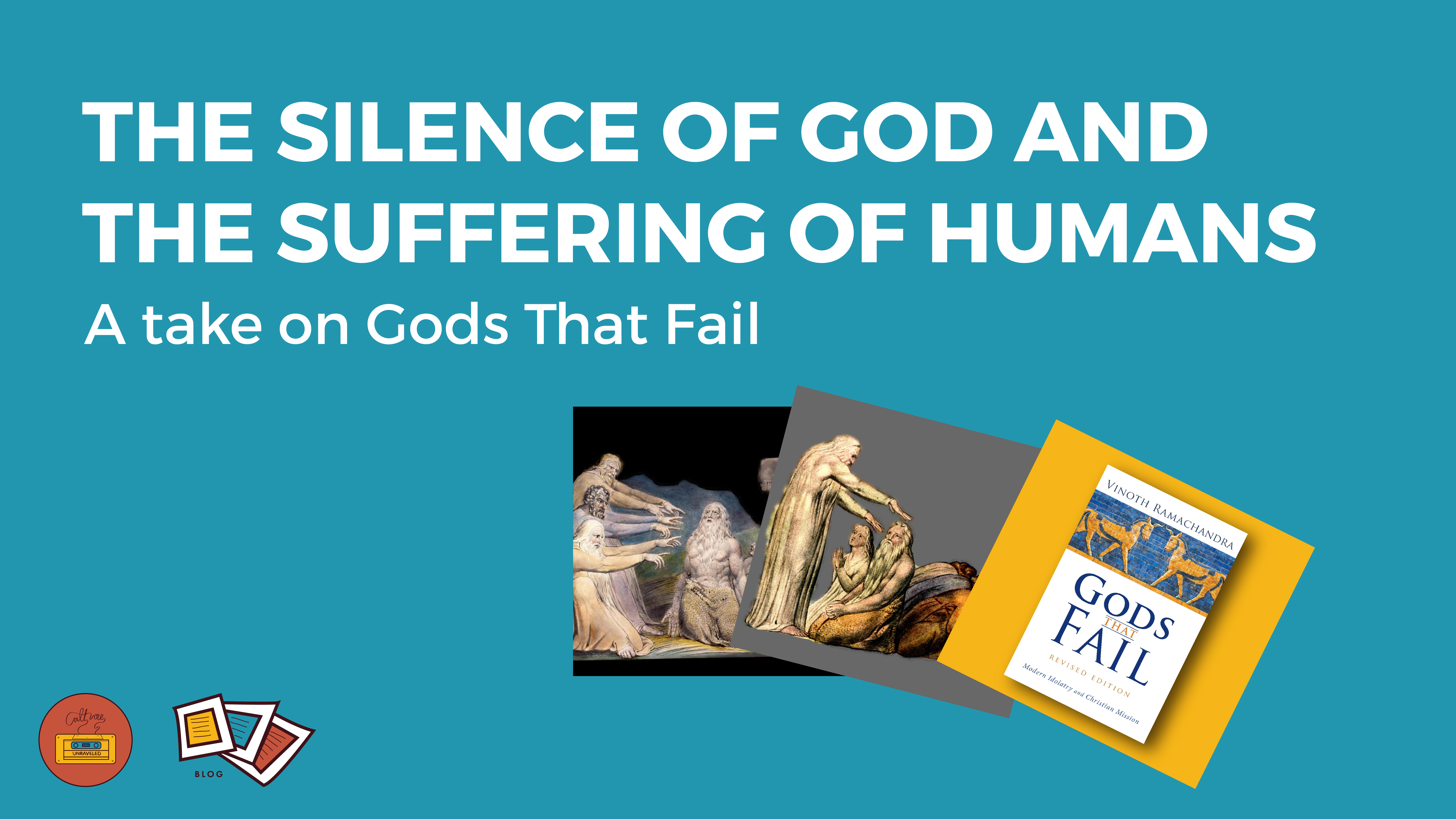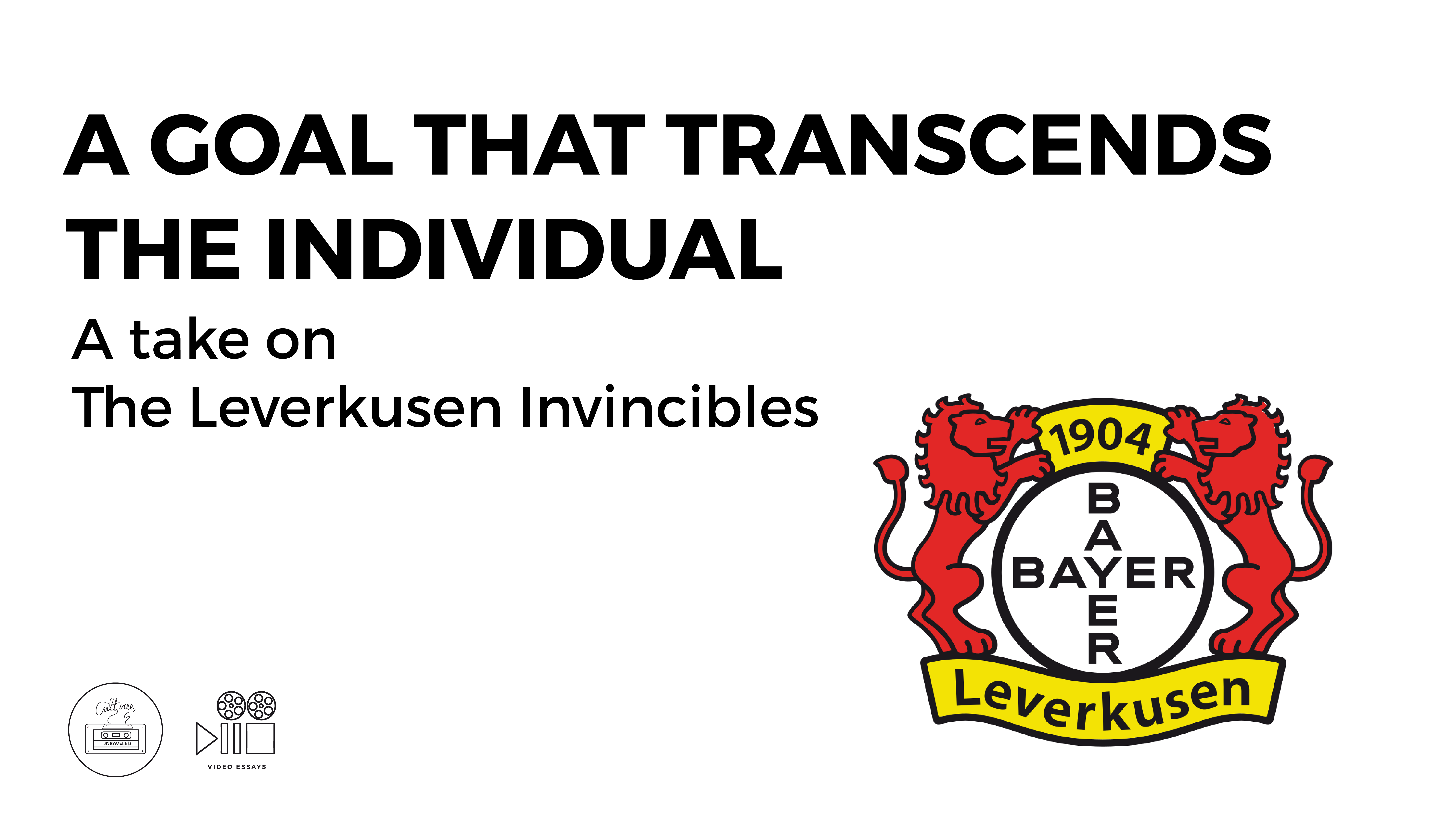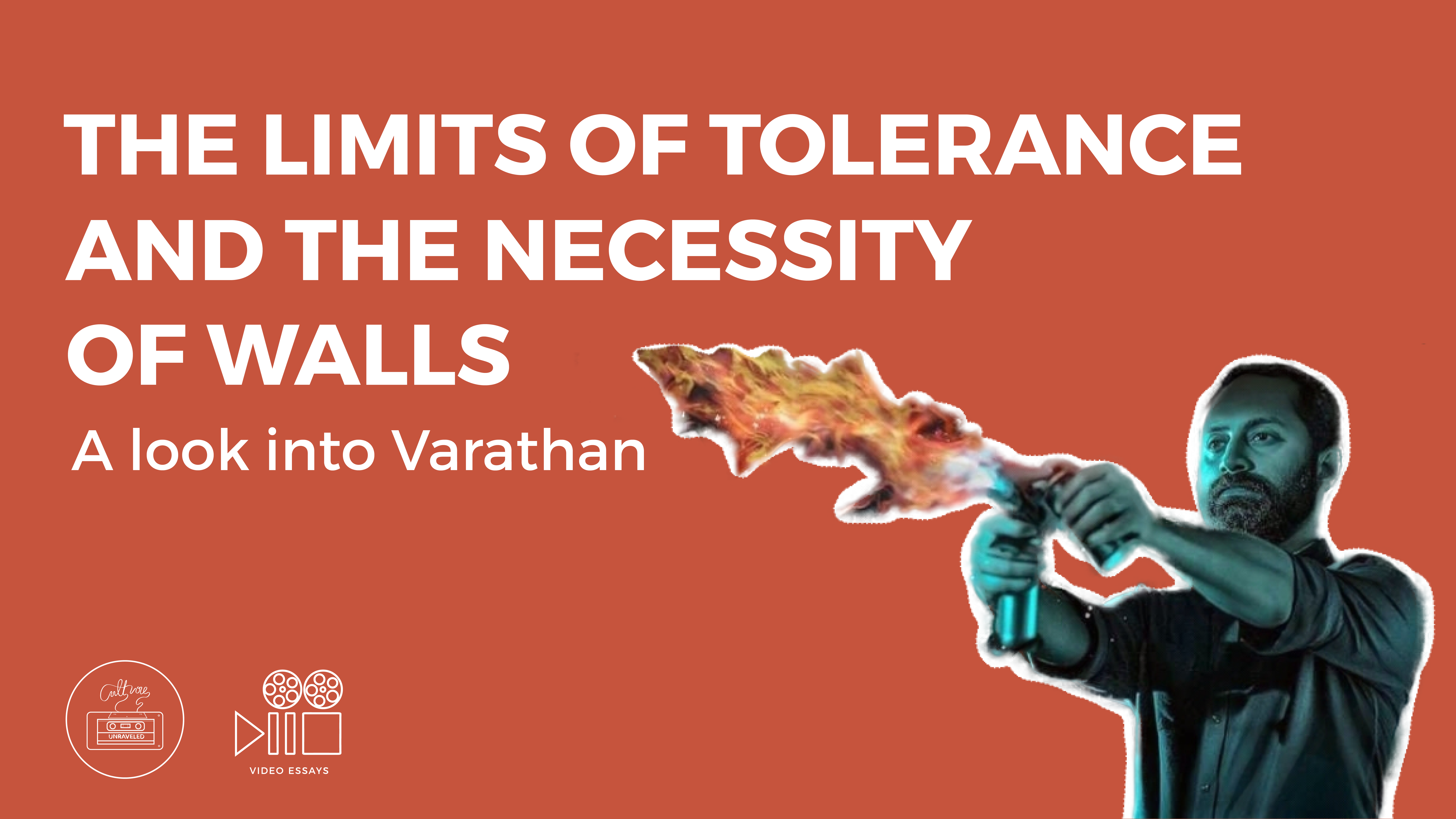
- The Diverse Languages of Love: Insights into Cultural and Personal Differences
What is love? People would answer this question differently depending on their family background, cultural orientation, and personality. While love is a universal phenomenon, expressions of love differ culturally and interpersonally. Through research, globalization, and technological advancements, we have new knowledge about our different personalities and cultures and experiential encounters with culturally diverse people. These differences can often lead to miscommunication and misunderstanding in our relationships with other people. Due to this, it is essential to acknowledge and try to learn the ways of those who are different from us, given that our world has become smaller, and the need to understand and love other people has become more significant.
Here are some insights into differences in expressions of love based on our personalities and cultural orientations. The aim of highlighting these differences is to encourage reflection on how to learn the ways of those different from us so that we can understand and love them better.
According to Gary Chapman, people with different personalities have different ways of giving and receiving love. He lists people’s five expressions of love, called the five love languages, and people express and respond to these languages divergently. According to Chapman, these are the five languages: spending quality time, speaking words of affirmation, doing acts of service, giving gifts, and physical touch. While some people express love by spending quality time with their loved ones or affirming them and their actions, others might consider acts of service or gift-giving as evidence for love. Still, others might prefer a hug or kiss to show affection to their loved ones.
Chapman notes that our emotional state defines all these varied expressions of love regardless of how we give and receive love. Since love is an emotional need for human beings, we understand and respond to love based on our emotional make-up. For instance, most people believe women are better at verbal communication and expressing their feelings through words. It enables women to speak words of affirmation or encouragement better than men. Conversely, women also expect to connect with their partners or their families through spending time having conversations. At the same time, men prefer to show their love toward their partners through acts of service or giving gifts, even if they don’t express their feelings verbally. While women also express love through acts of service, and some men could be good at identifying and expressing their emotions well, these expressions can vary in different people according to their emotional state of being.
Likewise, people express love differently based on their cultural orientation. For instance, in America, saying “I love you” is more common than in most parts of Europe. Moreover, Americans tend to show more public displays of affection than people in Europe. In Eastern cultures, like Japan, affectionate gestures are considered an unnecessary form of expression and even deemed inappropriate for conversations between people of the opposite sex. Even in India, people are more reserved to display affection publicly. However, the younger generation is learning to adopt an Americanised culture when it comes to public displays of affection.
When people do not recognize these different expressions of love, misunderstandings are bound to occur. When someone who expects love through acts of love is given words of affirmation or gifts, they might not regard these expressions as love. While these acts are also loving, they can misunderstand the person who is expressing love verbally. Moreover, due to cultural differences, it is possible to offend people either by being restrained or unrestrained in our verbal or physical gestures. So, it is essential to recognize and understand these different love languages to avoid these misunderstandings and how someone expresses their care and affection towards others.
The concept of love is universal, but how it is expressed and received varies widely due to individual personalities and cultural backgrounds. Understanding these differences and the concept of “love languages” proposed by Gary Chapman is essential for building meaningful and harmonious relationships in our increasingly globalized world. Recognizing and appreciating these distinctions can help us avoid miscommunications and foster better understanding and love for those who express their care and affection differently from us.
- Is Love Rational or Emotional?
A popular notion about love is that it expresses our needs, desires, and longings. A newborn infant is a perfect example of how human love always involves fulfilling a need or a desire. As babies, we all needed our parents or primary caregivers to care for us. As we mature into adulthood, we often understand and respond to love according to how our parents met these needs and desires. And if we had parents who genuinely loved and cared for us, we know the comfort and delight we experienced through them. Due to this, we often believe someone loves us if it makes us feel good. Consequently, we often understand love as an emotional experience.
On the other hand, there is another notion about love, often espoused by most Christians. According to it, we consider love genuine when it is rational. An excellent example of this would be our understanding of sacrificial love. We often perceive acts of sacrifice as an indication of the strength of one’s character that isn’t grounded in a feeling. It demands an effort that can cost them our need for happiness and comfort. We consider such love as a determination and a will to care for the well-being of others, even when it costs us our own good feelings, pleasure, and comfort. Due to this, we often look at sacrificial love essentially as rational.
While it is true that genuine love is often sacrificial, does it have to be at the expense of our experience of delight and joy? Or, if it is true that, as humans, our experience of love is primarily emotional, does it have to cater only to our experiences of pleasure and comfort? Does it have to rid us of our ability to put other people’s needs before ours?
In the Bible, God commands us to love others even when it is effortful. It teaches us to ‘bear with one other in love’ (Eph. 4:2). God gives us this command, especially because genuine love is hard work, and we must learn it like we effortfully learn a skill, even if it costs us. Yet this is not at the expense of our delight. This is because God also invites us to encounter love as a deeply felt experience that meets our profound needs, desires, and longings. God invites us to experience this kind of love to transform us into people who can care for others before ourselves. And it is not at the expense of our ability to shoulder other people’s burdens.
Love’s nature is rational and emotional, and these aspects are not necessarily at odds. The emotional facet of love is evident in the joy, delight, and comfort it brings, often associated with fulfilling our deepest needs and desires. Humans naturally seek love that makes us feel good; this emotional connection to love is a fundamental part of our experience.On the other hand, there is a rational dimension to love that goes beyond mere emotion. This perspective views love as a conscious choice and a commitment to the well-being of others, even when it demands sacrifice and effort. Sacrificial love is seen as a manifestation of strength and character, grounded in a sense of duty and responsibility.Therefore, it is crucial to recognize that love, in its most profound form, is not a zero-sum game but an enriching journey that transforms us into individuals who can bear the burdens of others without sacrificing our ability to experience love’s joy and comfort.
- Love as the Goal of Suffering: A Christian Perspective
As Christians, what must be our response to suffering, especially when it is our own? We usually experience suffering as gut-wrenching, painful, and confusing emotions. And we often respond in two ways, which are equally unhealthy for our growth and maturity. We might react to suffering by attempting to withdraw from the associated emotions. Or we might believe that it is the chief end of man and look at ourselves as its victims. The first response can numb our painful emotions, while the second makes us damagingly sensitive to everything and everyone around us. So, is there a middle ground to how we can respond when we suffer?
To understand how to respond to suffering, we must first understand its purpose. In Romans 5, we see a definite goal for the suffering we experience in this life. Paul writes to the church in Rome and asks the believers to glory [or rejoice] in their sufferings because “suffering produces endurance, and endurance, in turn, produces character, which produces hope. And this hope will not put us to shame because [through this process] the Holy Spirit, whom God gave us, pours out God’s love into our hearts” (Rom. 5: 3-5).
The goal of suffering is to experience and be empowered to love with the kind of love only God can give us. But the route towards such empowerment is suffering that leads not to despair, misery, and hopelessness but a hope that we can become ‘like God,’ even as He transforms us to love as He does. So then, suffering would be to glorify God through our lives. That is its purpose.
If the purpose of suffering is our hope for God’s glory, then we don’t have to respond to it by withdrawing from the painful emotions associated with it. Nor do we have to live as though the pain is all there is to life. We neither have to numb ourselves into apathy nor do we have to live as victims of our painful experiences. Instead, we must first acknowledge that although we may be unable to make sense of all our suffering, it works for our transformation into Christ-likeness.
In doing so, we will find the need to draw closer to God, even as we are empowered to endure it, and as painful as it may be, to rejoice in who we are becoming. Such a response offers us an incredible leeway to express our faith in God, leading us to worship God even when we suffer. This is not a middle ground to either descending into apathy or identifying ourselves as victims. Instead, it is to be open to God’s power to transform us through suffering, to be made more like Him. Through this understanding, we can find the strength to endure, the courage to rejoice, and the faith to worship, even in the face of suffering, as we are empowered to love like our Heavenly Father.












